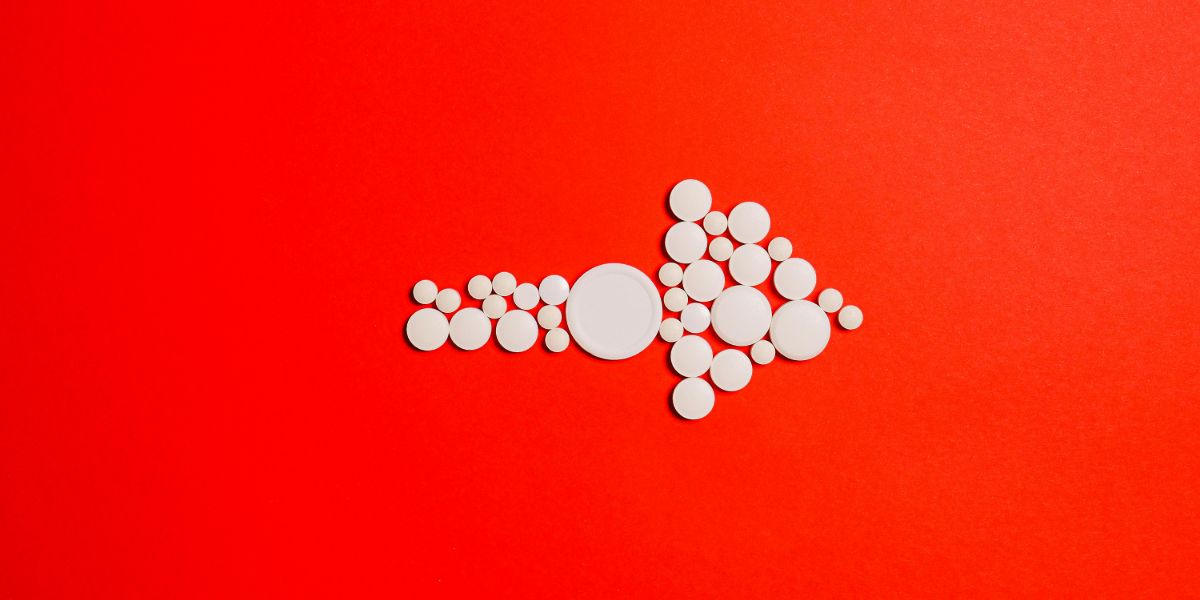What is the Importance of Post-Detox Care in Addiction Recovery?
Post-detox care is crucial in the addiction recovery process as it bridges the gap between detoxification and rehabilitation. It addresses the underlying causes of addiction that detoxification alone cannot resolve. This phase of recovery involves various elements such as sober living environments, medication-assisted treatment, individual therapy, and support groups, all aimed at providing a comprehensive recovery approach.
- Sober living environments: These are safe and supportive residences where individuals live while attending rehab. They offer a conducive environment for recovery, free from triggers and influences that could lead to a relapse.
- Medication-assisted treatment (MAT): MAT involves the use of medications like methadone or buprenorphine to manage cravings and withdrawal symptoms, making the recovery process more comfortable.
- Individual therapy: This is a therapeutic approach that helps individuals understand the root causes of their addiction and develop healthy coping mechanisms.
- Support groups: These are gatherings of individuals in recovery that provide a platform for sharing experiences, encouragement, and accountability.
What are the Different Types of Rehabilitation Programs?
Rehabilitation programs are designed to offer a variety of evidence-based therapies to help individuals overcome addiction. The types of rehab programs vary depending on the intensity and nature of the treatment required. Common types include inpatient rehab, outpatient rehab, and partial hospitalization programs.
- Inpatient rehab: In this type of program, individuals live at the rehab facility round the clock and receive intensive treatment.
- Outpatient rehab: In outpatient rehab, individuals live at home and attend treatment sessions several times a week. This allows them to maintain their daily routines while receiving treatment.
- Partial hospitalization programs (PHPs): PHPs offer intensive treatment during the day, with individuals returning home in the evenings. This offers a balance between intensive treatment and home life.
What Therapies are Commonly Used in Rehab Programs?
Rehab programs typically employ a combination of individual therapy, group therapy, educational sessions, and life skills training. Specific therapies used may include cognitive-behavioral therapy, dialectical behavior therapy, motivational interviewing, and holistic therapies.
- Cognitive-behavioral therapy (CBT): CBT helps individuals identify and change negative thought patterns that contribute to addiction.
- Dialectical behavior therapy (DBT): DBT teaches emotional regulation skills to help individuals manage stress and cope with difficult emotions.
- Motivational interviewing (MI): MI helps individuals explore their own motivations for recovery and develop a commitment to change.
- Holistic therapies: These therapies, such as yoga, meditation, and acupuncture, promote overall well-being and complement traditional treatment methods.
How Does Post-Detox Care Contribute to Successful Rehabilitation?
Post-detox care plays a significant role in successful rehabilitation by providing a comprehensive and supportive approach to recovery. It helps individuals manage withdrawal symptoms, understand the root causes of their addiction, and develop healthy coping mechanisms. It also provides a supportive environment and community, which are crucial for long-term recovery.
What Should One Expect in a Rehabilitation Program?
In a rehabilitation program, one should expect a combination of individual therapy, group therapy, educational sessions, and life skills training. These programs are designed to address the physical, psychological, and social aspects of addiction, providing a holistic approach to recovery.
How Do Holistic Therapies Complement Traditional Rehab Programs?
Holistic therapies are often incorporated into traditional rehab programs to promote overall well-being. These therapies, such as yoga, meditation, and acupuncture, complement traditional treatment methods by addressing the mind-body connection and promoting relaxation, stress management, and self-awareness.
Britney Elyse has over 15 years experience in mental health and addiction treatment. Britney completed her undergraduate work at San Francisco State University and her M.A. in Clinical Psychology at Antioch University. Britney worked in the music industry for several years prior to discovering her calling as a therapist. Britney’s background in music management, gave her first hand experience working with musicians impacted by addiction. Britney specializes in treating trauma using Somatic Experiencing and evidence based practices. Britney’s work begins with forming a strong therapeutic alliance to gain trust and promote change. Britney has given many presentations on somatic therapy in the treatment setting to increase awareness and decrease the stigma of mental health issues. A few years ago, Britney moved into the role of Clinical Director and found her passion in supervising the clinical team. Britney’s unique approach to client care, allows us to access and heal, our most severe cases with compassion and love. Prior to join the Carrara team, Britney was the Clinical Director of a premier luxury treatment facility with 6 residential houses and an outpatient program




